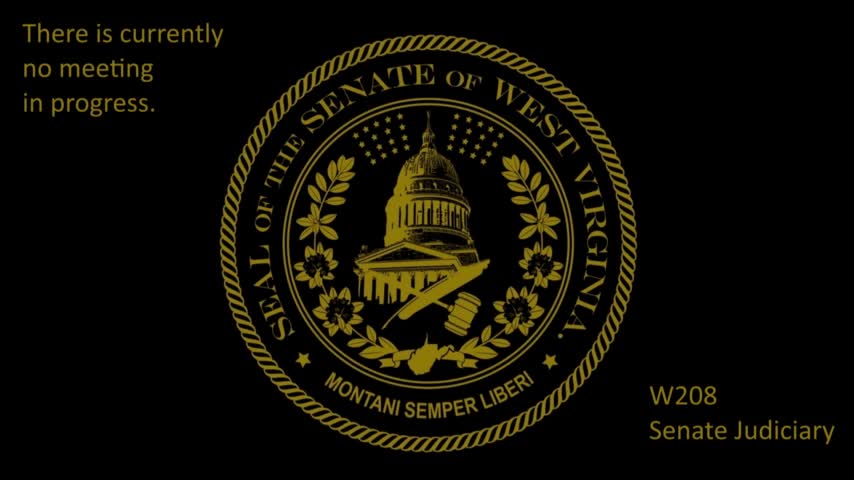Senate Natural Resources committee approves committee substitute for SB21 to add wildlife impact fee for wind projects
Get AI-powered insights, summaries, and transcripts
Subscribe
Summary
The Senate Natural Resources Committee agreed to a committee substitute for Senate Bill 21 that would authorize a wildlife impact fee on wind-power projects that injure or kill protected birds or bats; the measure was voted to be reported to the full Senate with a recommendation that it pass and be first referred to the Finance Committee.
The Senate Natural Resources Committee voted to approve the committee substitute for Senate Bill 21, which would allow the director of the Division of Natural Resources to assess a wildlife impact fee against wind-power projects when a protected bird or bat is injured or killed after colliding with a turbine, tower or related component. The committee voted to report the committee substitute to the full Senate with a recommendation that it do pass, with the bill then to be referred to the Finance Committee.
The bill’s counsel told the committee the measure adds a new section to the wildlife resources article and substitutes the “wildlife endowment fund” for the ‘‘Lisonbee fund’’ named in the introduced version. Counsel also said the Division of Natural Resources expects the fee, if enacted, to bring in just over $300,000 annually.
Quintana Hayden, senior director for wildlife and federal lands at the American Clean Power Association, testified in opposition. "I'm here in respectable opposition to Senate Bill 21," Hayden said, arguing that federal and existing state permitting regimes already address mitigation, monitoring and reporting for protected species and that the bill would "layer on additional costs, singling out one specific energy generation source and create uncertainty for developers about the business environment in West Virginia." Hayden described federal mechanisms that can authorize incidental take, including permitting under the Bald and Golden Eagle Protection Act and the Endangered Species Act, and said compensatory mitigation costs for federal permits vary widely by permit type and site.
A Division of Natural Resources representative, Trevor Schumer, said his office prepared the bill's fiscal note and that DNR is officially neutral on passage. Schumer described the fiscal estimate as based on self-reported bird and bat strikes and regional studies on per-turbine mortality multiplied by the roughly 400 turbines in the state. He said the department would continue to rely on operator self-reporting but expects to reserve inspection rights for major events (for example, incidents that cause hundreds of bird or bat deaths) and that desktop estimates similar to hydropower entrainment studies could be used to assess fees without routine site inspections. Schumer also said the $100-per-animal figure referenced in committee material is already in code; the committee would not be granting DNR authority to change that amount outside existing law.
Committee discussion noted that the wildlife endowment fund already exists in code and that the fund’s principal is protected; DNR said only the interest is available for spending. Counsel confirmed the committee substitute makes stylistic changes and the substitution of the wildlife endowment fund, and that the bill carries a second reference to the Finance Committee.
The committee approved the committee substitute by voice vote and then voted to report the substitute to the full Senate with the recommendation that it do pass, under the original double reference to Finance. The committee did not record a roll-call tally in the transcript; leadership declared the ayes to have it.
